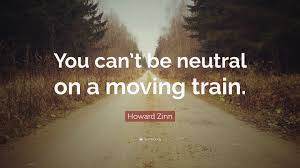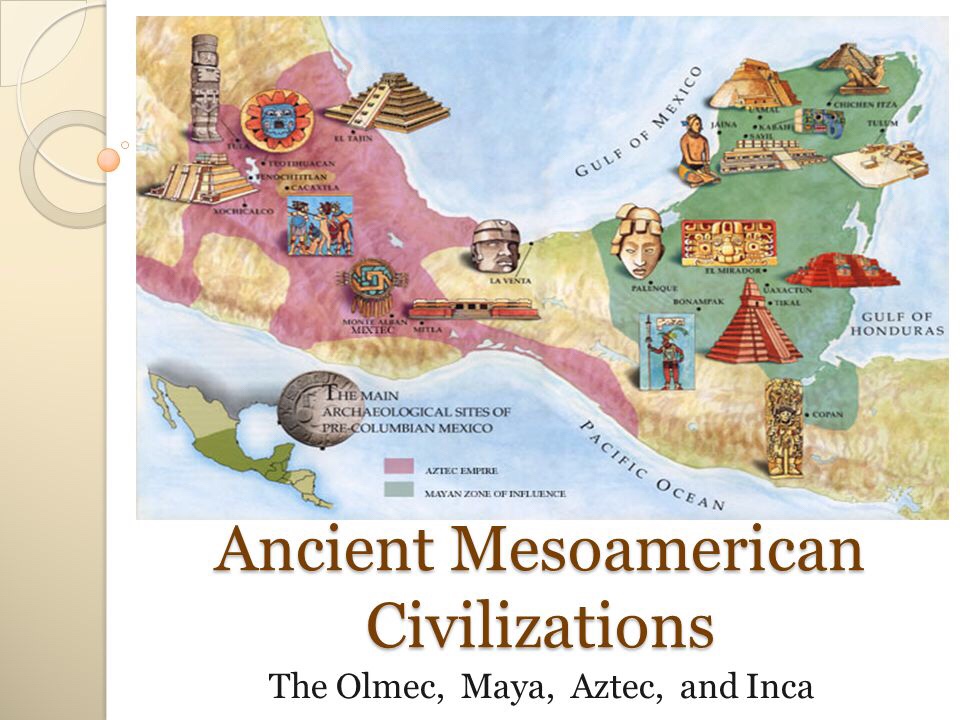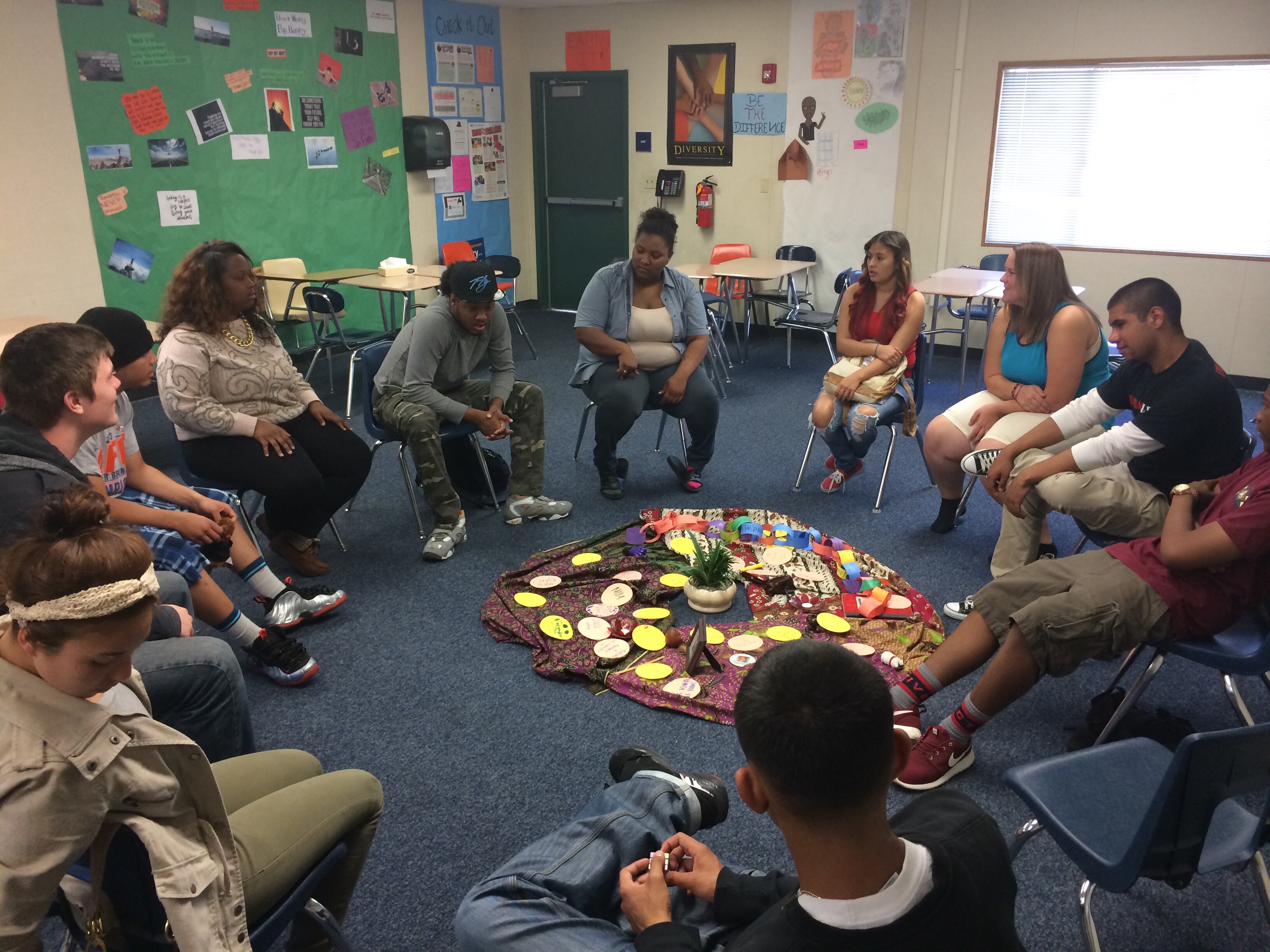12 Things Principals CAN DO to Empower Immigrant Youth
You see what’s going on in the media, at our “border.” Racist internment camps. Family separation. You know it’s wrong and of course you care, but maybe you aren’t sure where to start or what to do about it. You can/should donate money, march, call senators. But what could/should be happening at your school? What’s your role in sparking action?
My Context
As I watch the news and listen to the stories, I can’t believe what year I am living in. I know we are entrenched in white supremacy culture, but I freedom dream that we are moving past it. Children in cages? Children? I think of my 2 year old daughter Naima, and I can’t imagine that happening to her. I would never want to be forcibly separated from her.
I work at a school, that serves nearly 100 Newcomers, students who have recently arrived from Mexico, Central America, and Asian. We have our share of issues with promoting community amongst students and supporting all our students. But we work hard to make a safe place and an affirming space. There’s plenty more to do.
Managing Resistance and Doubt
Perhaps you feel your staff or parents aren’t ready for this conversation. Or maybe you think that it doesn’t belong in the school. Or to even bring it up is biased. Howard Zinn said, “you can’t be neutral on a moving train.” And this train called public schooling is moving and it’s passing over US made tracks. Where is your train going? Does it need a detour? Does it need some more speed? And since you are the conductor, your staff is the crew. Where are the passengers headed? I think it’s about damn time for some new stops and a new direction. So let’s start engineering for Equity!

12 things you can do to make your school more responsive to the needs of your immigrant, multilingual, and English Learner students:
1. Educate yourself about the current events and immigration issues.
It’s easy to turn off the news because it’s overwhelming and seems so far from your sphere of influence. But that is a luxury. That is a privilege.The less you know, the less you can do. So watch the news and question the sources and their agenda.

2. Educate yourself about the social political history of Latin America.
Check your bias, we all have them, and acknowledge there is much to learn. Start with the great civilizations of the Maya, Olmec, Inca, Toltec, Aztec, and Taino. Read up on the history of imperialism, colonialism, immigration, neoliberalism, NAFTA, World Bank, Sweatshops, etc. Don’t stop there. Learn some Spanish, some slang, and if you are going all out, some indigenous words. Travel and take a course.

3. Share your thoughts and reflections.
You are the leader and you must model reflection, critical thinking, and discomfort with your staff. Use your written bulletins, emails, and even better in person. Use these issues as an Equity Frame (post coming soon about this) for the mission and vision of your school. Connect it to why we teach.
4. Issue a statement in your next parent and community newsletter
Write in your newsletter about where you and your school stand on this issue. Talk about your school values, your mission, and what matters most. (you might need to set a long term plan or update them) Remind everyone that this is about humanity, dignity, and students rights.
5. Create Restorative Practices and SEL curriculum for students to process what’s happening.
Encourage staff to create space for student to share how they are feeling. This can be through circles, discussion, or specific activities. You will need prompts and modeling in your staff meetings.

6. Conduct an equity audit with a lens of multilingual/multicultural Equity
How much are immigrant youth at your school supported, included, welcomed? Are they reflected in the curriculum? Does the school see examples of counter narratives? Do you have bilingual announcements and written communication? Do you have at least one go-to person on your staff who is bilingual and who know about resources for families? Find resources in your community, city or a neighboring one to refer families to.
7. Encourage your staff to build these social issues into their curriculum.
History of immigration. Mathematics of deportation and incarceration. Novel about immigration like Enrique’s Journey. Get creative and supplement the textbook if you aren’t already creating homegrown curriculum. This could easily be a research project, social action project, or video PSA.

8. Mindset training
If you haven’t done any training, discussion, PD on implicit bias, ethnic studies, white supremacy culture, cultural competence, you better start. This mindset work is foundational changing the conditions and outcomes for students.
9. Support activism and civic engagement.
Support students ideas to organize, make a statement or contribute to the cause. If they want to plan a march around the school, support it. I know “you aren’t supposed to push anything,” but you could ask and say it not discouraged and find a way to make it safe.
10. Encourage your staff to organize as they see fit.
Of course there are a few legal parameters, but within them, you can nurture a school community that is responsive to society and most importantly your students needs.
11. Create a multi year plan.
This is not a one meeting kinda thing. You need a long team plan that sets you up to be a school that is ready to respond to these national/local social justice issues in real time.
12. Teaching and Learning.
Support your staff in being more inclusive and responsive of English Language learners as well as students of color. EL scaffolds and a progression towards student becoming independent-learners. Get your Zaretta on. You might even offer a course that celebrates or taps into students’ interests. Offer ethnic studies, Spanish, or art.
Conclusions
There are plenty of things you can do, and I’m sure you can think of others. Is it easy to do them? Hell no, but it’s what matters. And it’s the only thing that’s gonna tip the scale so there is less of this going on in the future. We are educating the next generation after all, we should be educating them and training them, to be better than we were.
Our kids today and of the future will require it. One day we won’t debate how long a mother has to be away from her family, or whether they can be reunited. We won’t even think of borders or possessions in the same way. Our students need to figure it out. So lead them.
What else can a Leader do?

